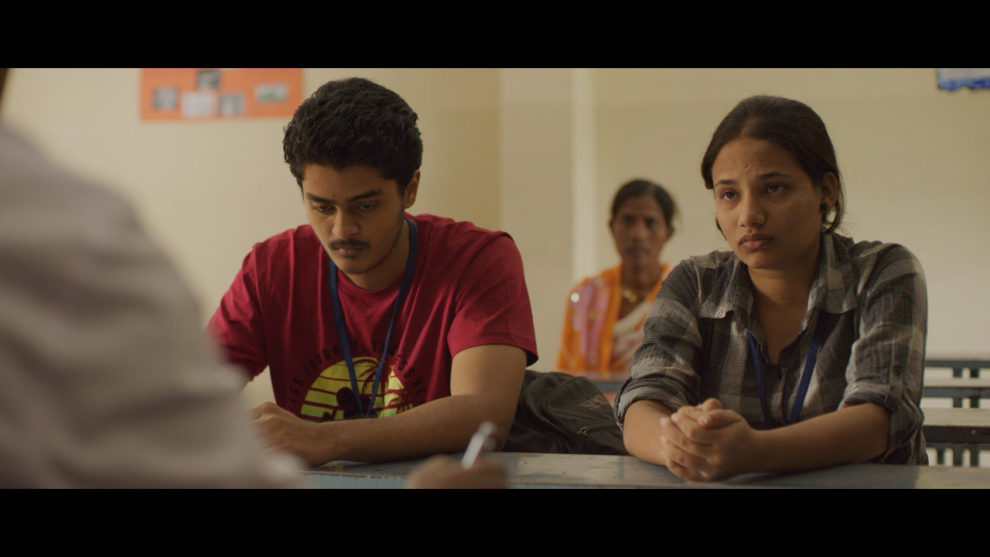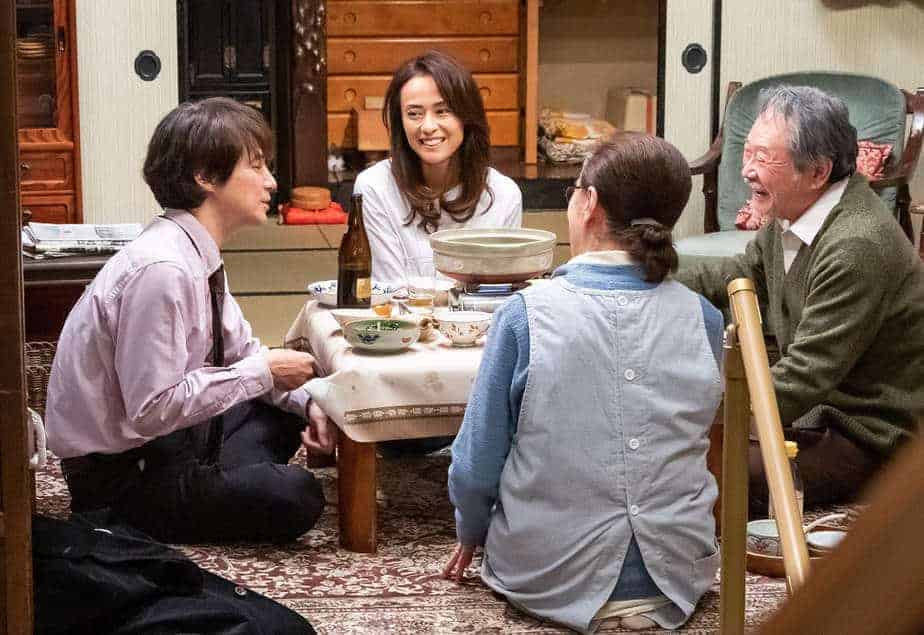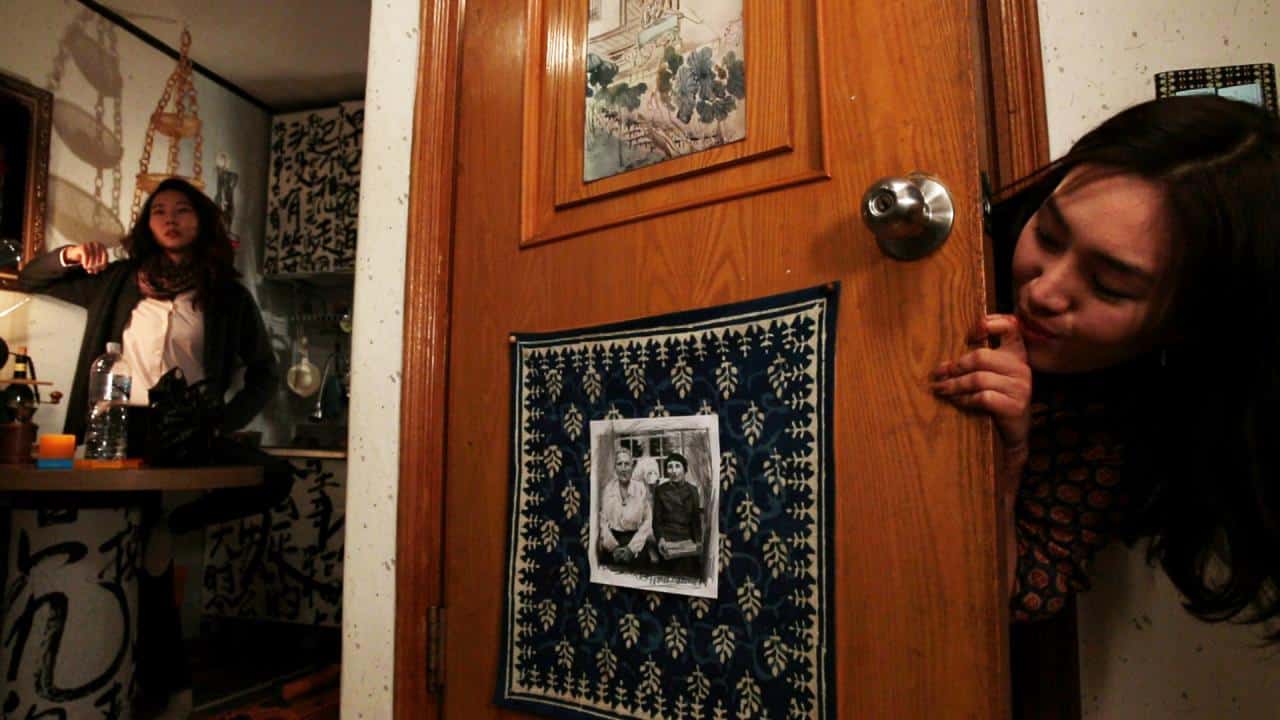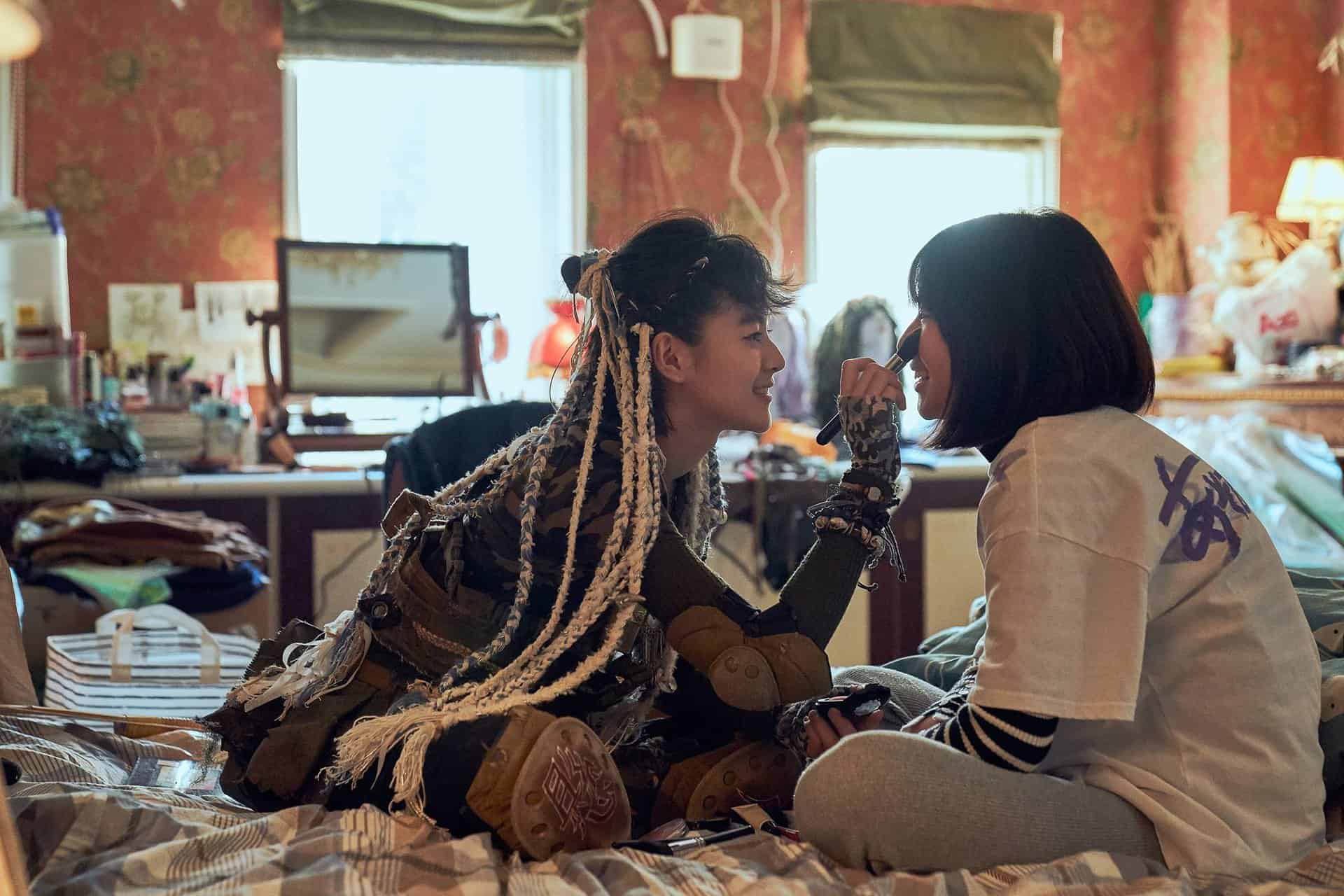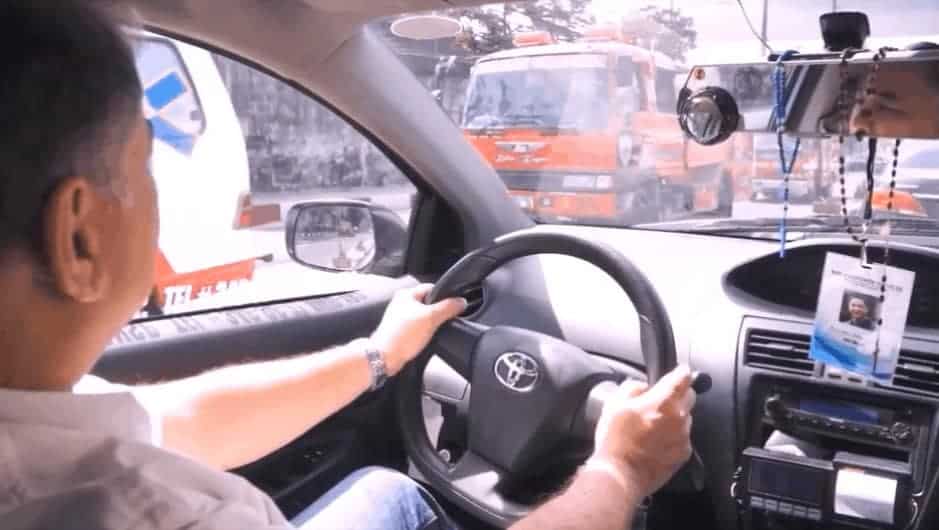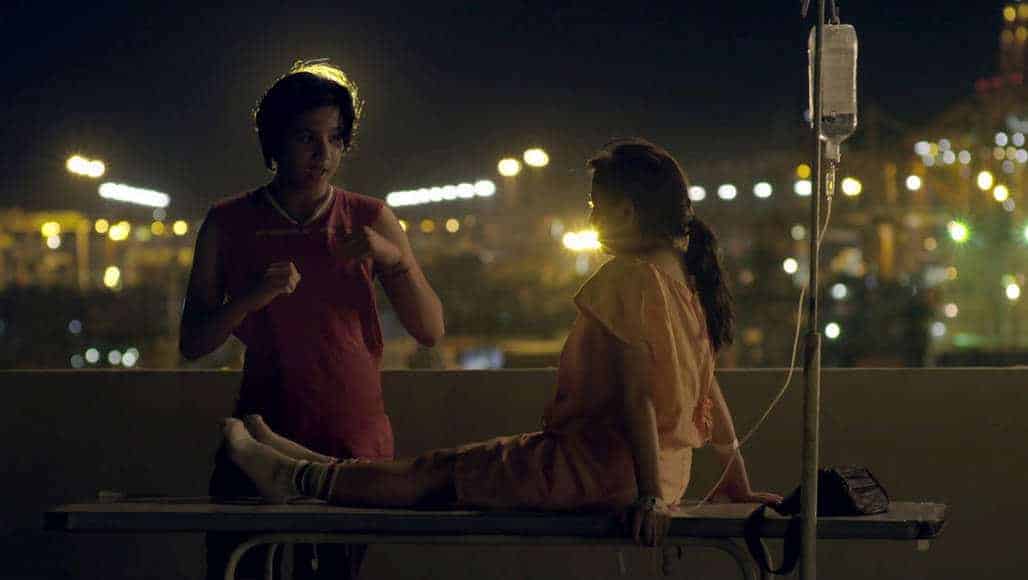The system in India is as complex as it is unfair. The caste system in particular, which was actually abolished in the constitution since 1950, is still at large, creating all sorts of inequalities in the society. This however, is only one of the issues Prithvi Konanur examines in his third feature, which takes a rather harsh and dramatic but also quite realistic look at how India works, even nowadays.
Seventeeners is screening at Busan International Film Festival

Preparing to enroll in universities, Deepa and Hari are in love. As the film begins, they sneak into an empty classroom in the school they attend, and in a rather dire choice, decide to record what they are doing on their phones. A bit later, however, Hari's friends convince him to upload the video, which eventually ends up in a porn site. When the news reaches the faculty, the principal and the vice-principal call the parents of the two and inform them that they will form a committee to decide on how to punish the two students. Considering that Deepa has caused trouble in the past, they decide to expel her and keep Hari. When it is revealed though, that the girl is from the lower Dalit cast and the boy from the high Brahmin caste, the faculty find themselves in an even more complex situation, particularly since Deepa's aunt, Jesse, a human rights activist and lawyer decides to get involved. Meanwhile, the pressure from the parents of the students, the board of the school, the court and the police create a situation that puts everyone involved in trouble.
Prithvi Konanur directs a film that thrives on his meticulous build up, as a small, private incident is blown out of proportion the more people learn about it and the more people get involved. In that fashion, the uploading of the video eventually becomes an issue of racism on the side of the school, before it becomes an issue of underage exploitation, all the while threatening the lives and the careers of everyone involved. The fact that no one manages to escape the case unharmed also creates a question, of who is the actual authority in India, with the eventual answer being a system that is so complicated and unfair, that can only harm all of its citizens.
At the same time though, and even if the consequences apply to everyone, the difference in the degrees of the punishment showcase the system's discrepancies. While Deepa's life is essentially ruined from the start, considering that she has no alternatives in life, Hari's parents are exploring their options, which even include him studying abroad. The composition of the school committee, which consists of four teachers of upper castes and only one from the lower, also highlights this issue quite eloquently.
At the same time, Konavur makes a rather pointed accusation towards the school and particularly its leadership. One of the people in charge eventually quits, in a distinct act of cowardice, one's ambition leads every move, while the board president seems to care only for the fame of the school, and not at all for his employees or the students there. That they also suffer from the proceedings brings us back to the first comment about the system, but the fact that they are presented as the villains, either for lack of will to make decisions or for constantly making the wrong ones, is rather palpable here. Lastly, that in a setting like this, love is suffocating on all fronts, having no place to flourish essentially, concludes the rather rich context of the movie.
As the case becomes worse and worse for everyone involved, the tension mounts, with Konavur handling it in the best fashion, with the help of Shivakumara Swamy's excellent editing, which induces the movie with a relatively fast pace, that essentially intensifies the tension. Granted, the last part of the story may seem somewhat far-fetched, particularly in combination with what has transcribed before, but as a whole, the narrative makes sense, also because it leads in a minimal but quite impactful finale. As such, the movie does not become tiring even at 123 minutes where nothing ever goes well. Arjun Raja's cinematography, even if the quality of the production is not exactly top notch, captures the psychological status of the protagonists nicely, with the close ups and mid-length shots highlighting the claustrophobic setting they inhabit.
The acting is not on the highest level, but there are two exceptions that essentially cover for all the rest, since they are the biggest roles. Sherlyn Bhosale as Deepa highlights her regret, inner struggle and the fact that she still loves Hari in the best fashion, while Rekha Kudligi as vice Principal Seetha makes for an excellent “villain” as she becomes more and more the person in charge of the whole case.
“Seventeeners” is an excellent movie that manages to tackle a number of issues from all perspectives, resulting in a rather realistic view of the issues that torment India today.


